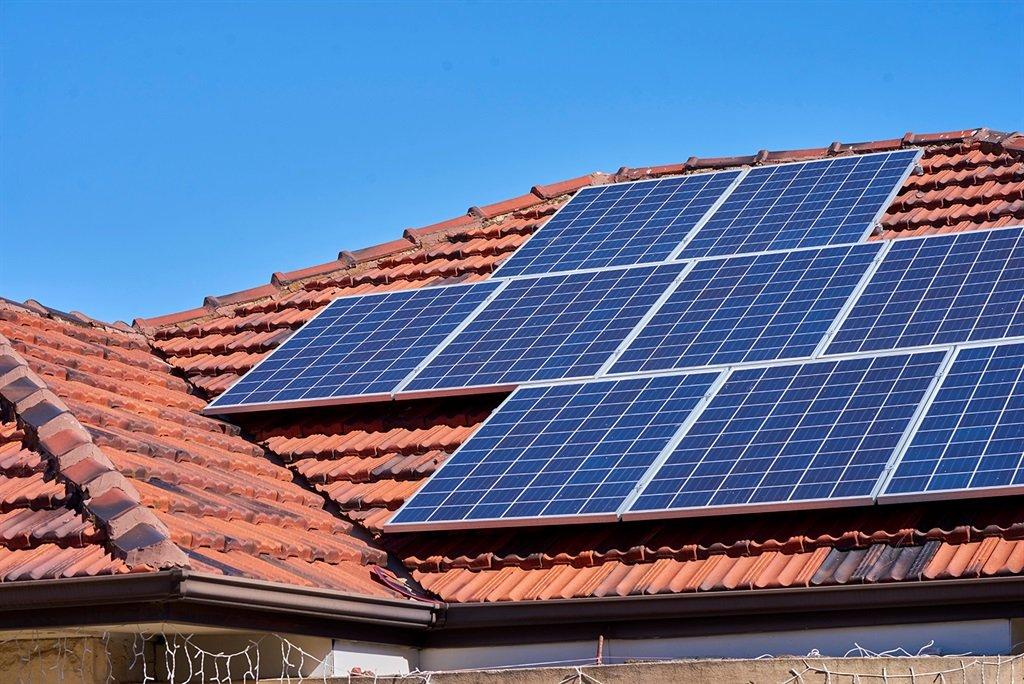Africa-Press – South-Africa. The moment that Eskom imposes a punitive R938 per month charge is the moment when the desirability of going off the grid completely increases sharply, writes Ian Glenn.
One would have hoped that Melanie Verwoerd’s devastating critique (News 24, 20 July) of the Eskom plan to charge a R938 monthly fee for those using minimal amounts of electricity, undoing the benefits of installing solar, would have meant a sheepish withdrawal of the idea. But no, returning to the fray in The Conversation (13 August) are Sean Mfundza Muller and Mike Muller, who work in Gauteng think tanks which seem to be suffering from intellectual load shedding.
Like Tintin’s hapless Thomson and Thompson
detective duo, Muller and Muller have got the wrong crime, the wrong culprits
and the wrong solution.
They do not see or want to admit that Eskom’s proposal to charge a R938 connection fee to all unsubsidised direct residential customers is likely to add significantly to the burdens of the working class and the ‘less wealthy middle class’ whom they claim to support – particularly when VAT will take the figure up to R1079 per month.
So, back they go to focusing on those who have installed solar power to justify the charge as a righteous way to get the ‘wealthy middle classes’ to pay their share for being connected to the grid. In their eyes, the ‘death spiral’ of Eskom has nothing to do with bad planning, corruption, municipalities failing to pay Eskom what they owe, stolen electricity, stolen coal, or exasperation at serious load-shedding.
No – it is the fault of ‘wealthy individuals’ who use Eskom as a back-up to their solar systems and should be paying a lot more for the privilege of being connected to the grid. Never mind how they equate a few tens of thousands of households going partly off the grid with being able to sort out the billions (35? 44?) owed by municipalities to Eskom or the billions more stolen by illegal connections to the grid, sabotage, and corruption.
If one gouges another R5000 per average from 200 000 solar fitted households annually, that would amount to R1 billion annually, barely a blip on the Eskom balance sheet.
Desire to go off the grid increases
Let us look rather at how their idea would change equations for households by changing the incentives to install solar.
In our house, we grudgingly installed solar because we need uninterrupted power supply for work-related reasons. We have cut our usage down by two-thirds in winter, down to under 9 Kwh per day. We should be paying say R450-550 per month over the year. (Difficult to be exact since Eskom hasn’t read meters here for several months and is gaily charging based on estimates for last year.)
The moment that Eskom imposes a punitive R938 per month charge, which is likely to increase, and one adds VAT, is the moment when the desirability of going off the grid completely increases sharply. At present, it is probably not worth our while to invest a further significant amount to become fully self-sufficient. But to save R6000-8000 per year, after tax, it becomes worth investing another significant sum to put in a gas stove, add a solar geyser, increase battery storage and add a generator.
The proposed connection charge, in other words, is likely to drive us completely off the grid, reducing Eskom and VAT income, and we are surely not the only household who will go that route. What is more, anybody who has not invested in solar at all, but is looking at having to pay R12944 per annum instead of a few thousand rand at present, may either decide not to invest in solar at all to make some saving, thus going against what should be long term investment in renewable energies, or deciding that the additional cost makes it worth going fully off grid.
The likely result of the minimum charge will be a disincentive to solar for some households and a further rush to non-Eskom solutions for those who can afford it, exacerbating the very trend Muller and Muller worry about.
EXPLAINER: What Eskom’s proposed changes mean for SA households with solar panels
The only people who should be egging on the innumerate ideologues, inside and outside Eskom, are those who are promoting alternative energies.
Within Eskom and NERSA and perhaps Treasury, one trusts there are still a few pragmatists who can see that half a loaf is better than no bread.
– Ian Glenn is a Research Fellow in Communications Sciences at the University of the Free State and Emeritus Professor of Media Studies at the University of Cape Town.
For More News And Analysis About South-Africa Follow Africa-Press






